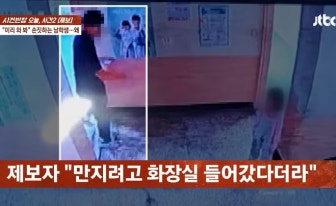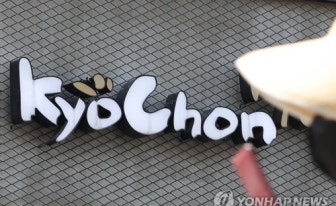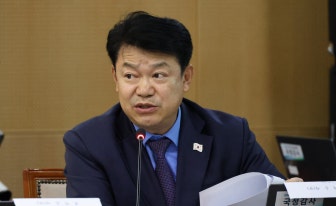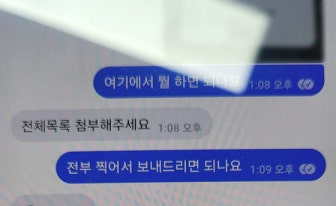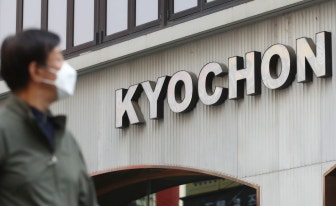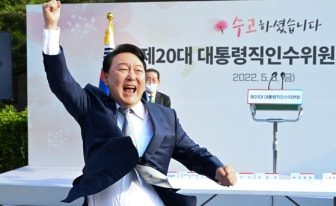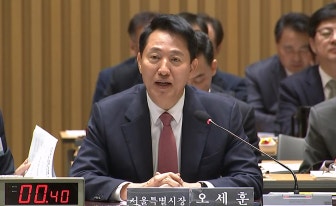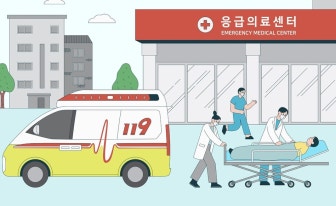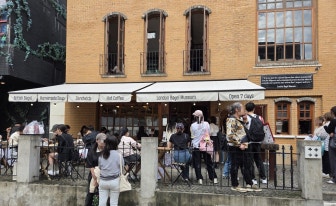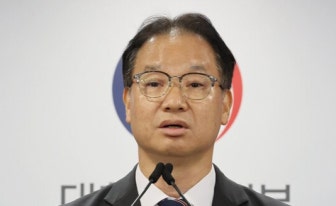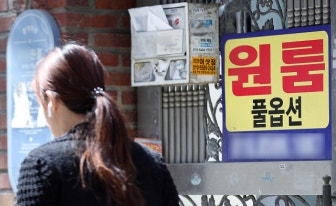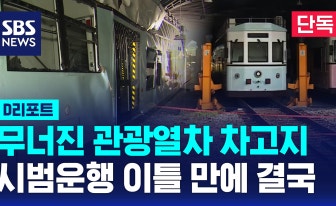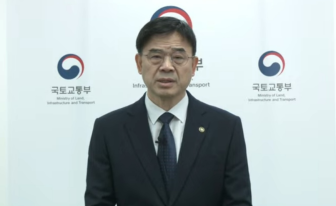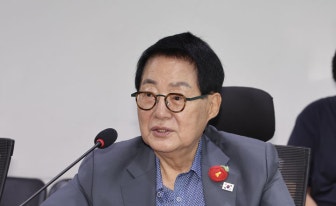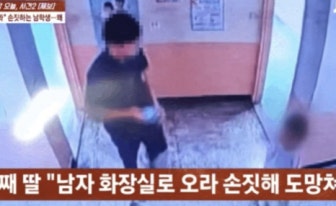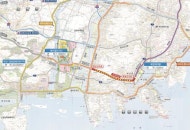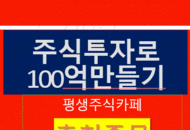Bus fares across Gyeonggi will rise by 200 to 400 won (14 to 28 cents) starting Saturday, marking the first increase in six years. The hike will vary by bus type and take effect from the first bus that day.
The provincial government said Wednesday the fare hike aims to help struggling operators and ensure stable public transit services.
The fare for standard city buses will increase from 1,450 won to 1,650 won, while seat buses will rise from 2,450 won to 2,650 won. Express and circular buses will see larger hikes of 400 won, moving from 2,800 won to 3,200 won and from 3,050 won to 3,450 won, respectively.
Cash fares will also rise: standard buses from 1,500 won to 1,700 won, seat buses from 2,500 won to 2,700 won, express buses from 2,900 won to 3,200 won and circular buses from 3,100 won to 3,500 won.
For teenagers using transportation cards, fares will go up to 1,160 won for standard buses, 1,860 won for seat buses, 2,300 won for express routes and 2,420 won for circular buses. Children’s fares will also rise to 830 won, 1,330 won, 1,600 won and 1,730 won, respectively.
Rising fuel and labor costs cited
The Gyeonggi government said the fare hike was an unavoidable decision driven by higher fuel and labor costs, as well as the need for vehicle and safety upgrades and expanded intercity networks.
It noted that Gyeonggi had frozen fares since September 2019, even as Seoul and Incheon raised bus fares in 2023, to help ease financial pressure on commuters.
Officials said local operators have faced years of growing losses amid declining ridership.
“The industry has been struggling with chronic deficits, making it difficult to maintain stable service levels and regular intervals,” the province said. “Rising wages for drivers and increased fuel and maintenance costs have worsened the financial strain, leading to service cuts and driver turnover.”
A provincial study found that accumulated losses among Gyeonggi bus companies reached about 170 billion won between 2023 and 2024, with the deficit projected to grow to 380 billion won by 2026.
To ease the impact on residents, Gyeonggi will expand its The Gyeonggi Pass program, which refunds 20 to 53 percent of monthly transport spending for residents aged 19 and older. The province also plans to introduce other measures to improve transportation accessibility.
“Bus services are an essential lifeline for residents,” said Kim Kwang-deok, head of Gyeonggi’s transportation bureau. “The fare adjustment was unavoidable to ensure stable operations. We will continue to enhance service quality so residents feel the value of what they pay for.”
This article was originally written in Korean and translated by a bilingual reporter with the help of generative AI tools. It was then edited by a native English-speaking editor. All AI-assisted translations are reviewed and refined by our newsroom.
![Passengers board a bus at a bus stop in Suwon, Gyeonggi, on Oct. 10, 2023. [NEWS1]](https://imgnews.pstatic.net/image/640/2025/10/22/0000078650_001_20251022184912757.jpg?type=w860)
![Passengers wait for a bus at a bus stop in Suwon, Gyeonggi, on Sept. 30. [NEWS1]](https://imgnews.pstatic.net/image/640/2025/10/22/0000078650_002_20251022184912837.jpg?type=w860)



















